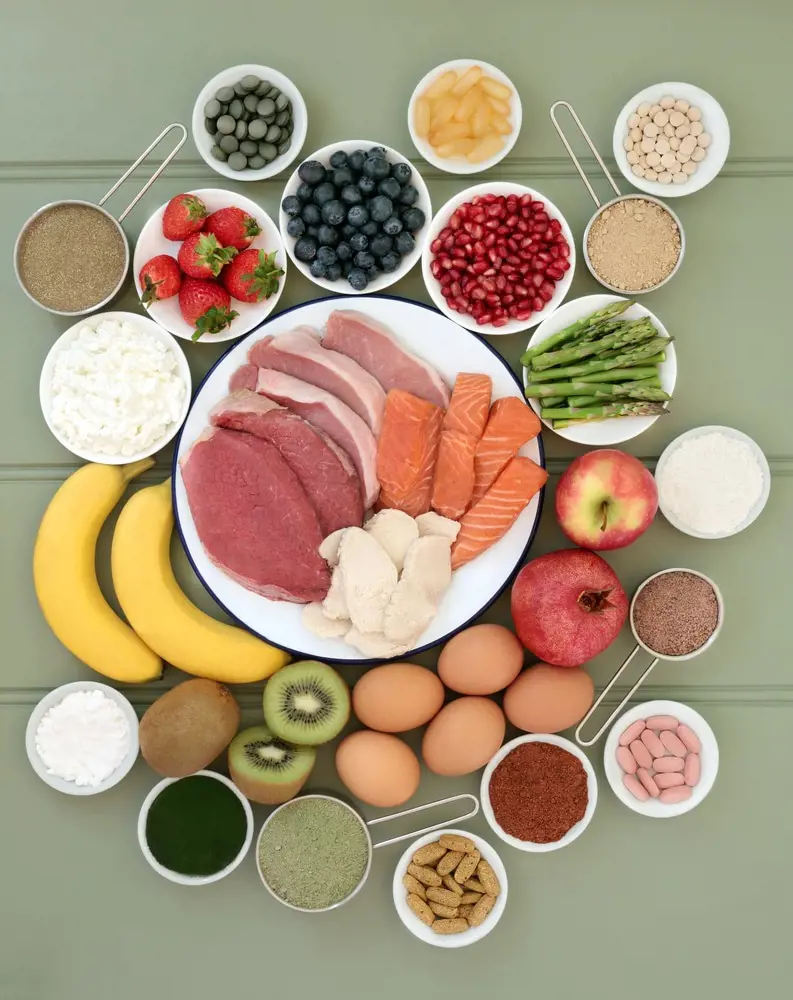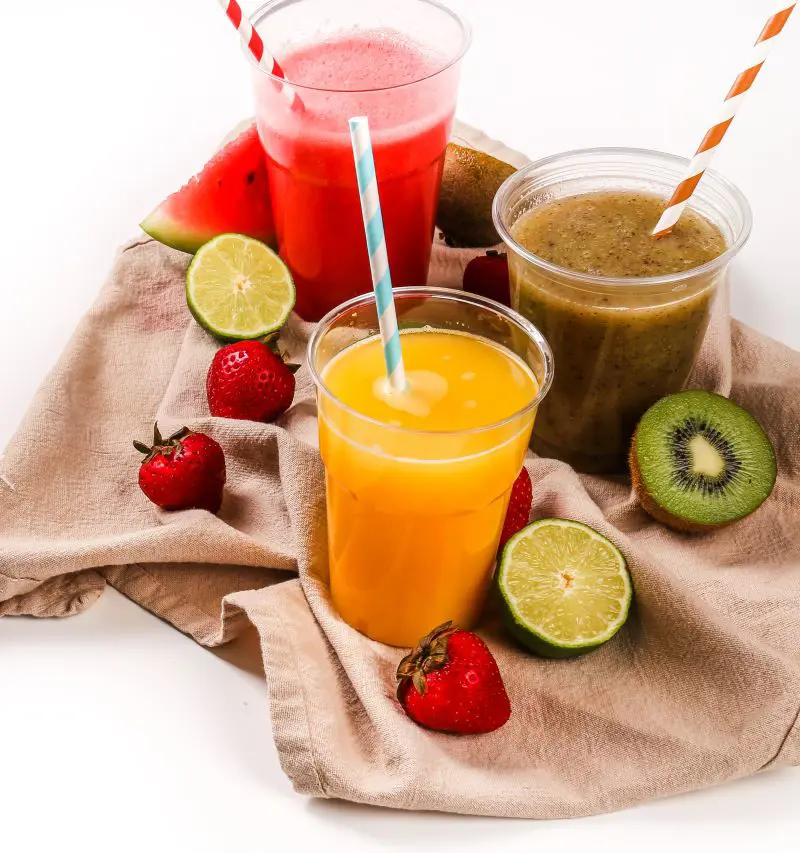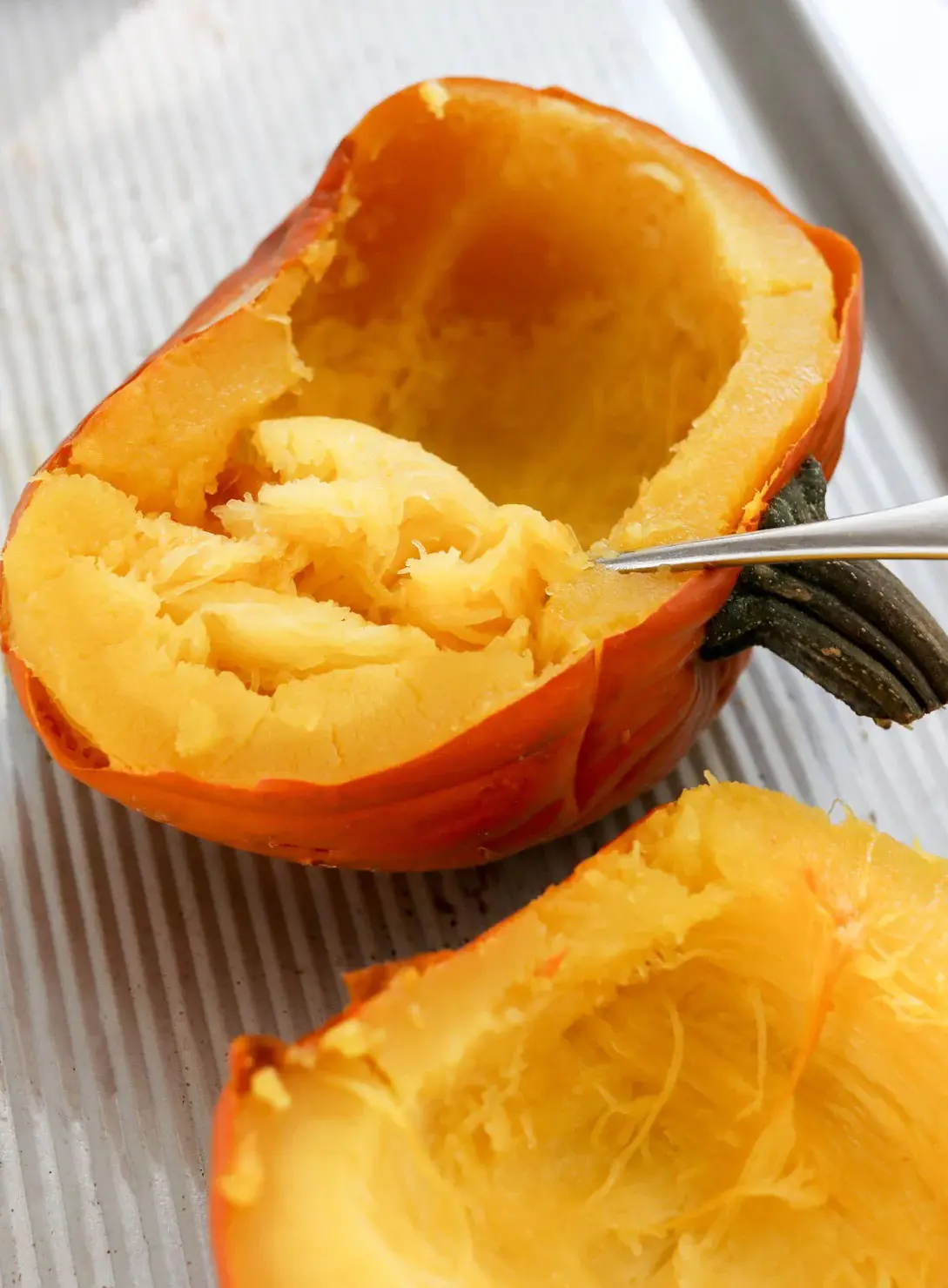Amino acids are the essential organic compounds that come together within your body to form proteins. In total, there are 20 amino acids, each classified into one of three categories: Essential, Nonessential, or Conditional.
Among these 20 amino acids, all hold significance for your health, yet only 9 are classified as essential: phenylalanine, histidine, isoleucine, leucine, lysine, methionine, valine, threonine, and tryptophan. And while your body can make nonessential amino acids, it lacks the capability to produce essential amino acids. You can obtain these amino acids from the following 20 essential amino acid-rich foods:
1. Buckwheat
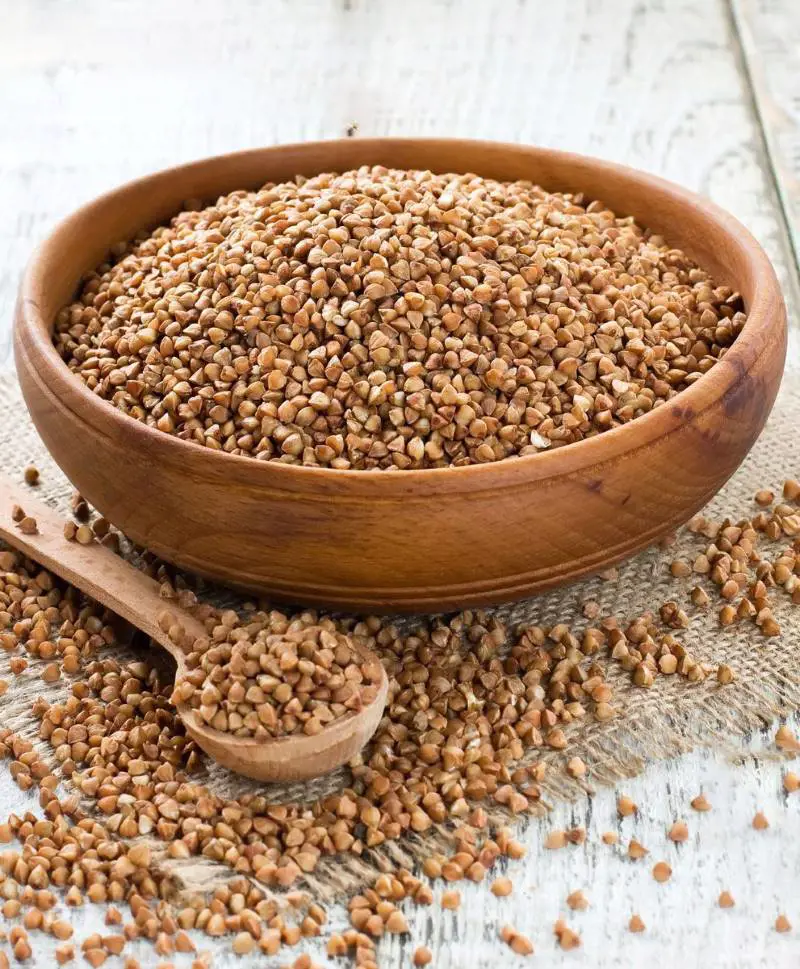
Buckwheat is a high-quality source of protein, as it contains all nine essential amino acids, making it a complete protein. Obtaining this type of protein can be challenging in a vegan diet. It is abundant in limiting amino acids like arginine and lysine, which are in minimal supply in various plant-based diets.
Furthermore, buckwheat is a rich source of niacin, magnesium, phosphorus, copper, manganese, riboflavin, and dietary fiber. These nutrients not only support healthy digestion by preventing constipation and reducing cholesterol but also contribute to a feeling of fullness, potentially aiding in weight management.
2. Cocoa Powder

Cocoa powder is a rich source of protein, delivering 19.6 grams per 100 grams. It provides 8 of the 9 essential amino acids, with a slight deficiency in methionine. To achieve a complete protein profile, consider pairing cocoa powder with foods like Brazil nuts, chia seeds, wild rice, or sesame seeds.
Beyond its protein content, this finely ground powder is a nutritional powerhouse, abundant with essential minerals such as magnesium, phosphorus, calcium, zinc, copper, and iron. Furthermore, it contains a treasure trove of polyphenol antioxidants, which have the potential to mitigate the risk of chronic conditions like hypertension, cancer, and diabetes.
3. Cottage Cheese
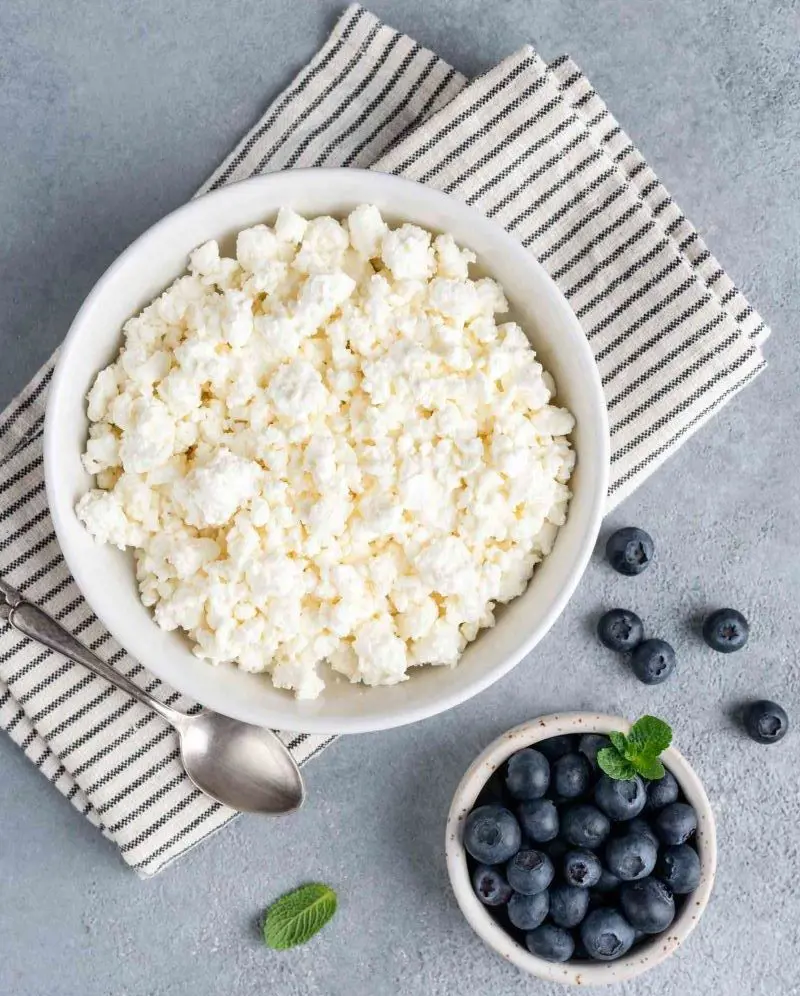
Cottage cheese is a protein-rich food source supplying a significant amount of several essential amino acids, including tryptophan and threonine. A mere 100 grams of cottage cheese provides 11 grams of protein, which equates to 23% of the daily value (DV).
In addition, cottage cheese is a rich source of calcium, a vital mineral that supports strong and healthy bones. Nevertheless, the sodium content in cottage cheese could counteract these advantages. As with any dietary choice, maintaining moderation is essential.
4. Eggs

Eggs stand out as an excellent source of protein, as they contain all the essential amino acids. It makes them an ideal choice for individuals seeking to build lean muscle and strength, recover faster from training, or lose excess fat. Eggs are high in histidine, lysine, valine, leucine, tryptophan, etc.
Research indicates that the amino acids derived from eggs are more efficiently utilized by your body compared to other sources, such as casein or soy. A large egg (50 grams) contains 12.6 grams of protein. Notably, egg protein possesses the highest attainable protein digestibility-corrected amino acid score.
5. Fruits

Fruits supply a high content of leucine, which aids in regulating insulin levels and controlling the blood glucose levels in your body. Fruits like apples, bananas, and berries serve as rich sources of amino acids. Apple is among the most amino acid-rich fruits, offering around 16 amino acids.
The concentration of amino acids in pulp and peel may vary. For instance, the pulp boasts higher amino acids compared to peels. Avocado, kiwi, strawberry, melon, peach, watermelon, grape, Japanese pear, and pineapple are among the other fruits that provide essential amino acids.
6. Leafy Greens
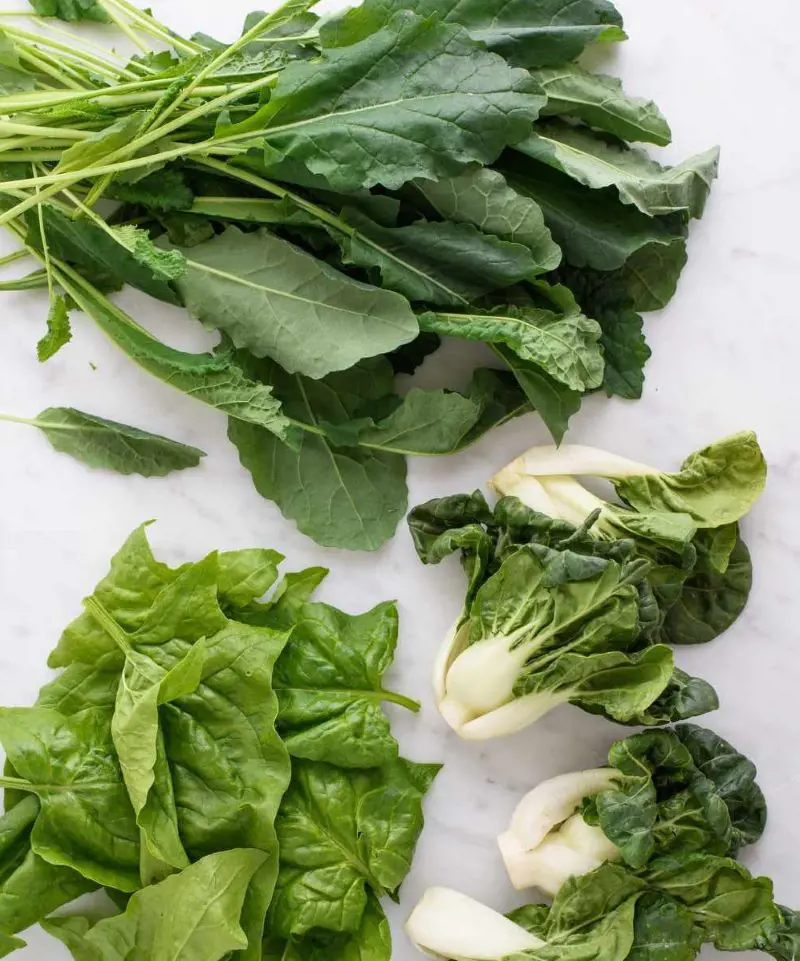
Leafy greens like leek, spinach, chard, parsley, and coriander are remarkable for being complete proteins, as they encompass all of the essential amino acids. Among these amino acids, leucine is the most abundant amino acid found in these greens
Known for their impressive protein and fiber content, leafy greens offer an easy way of incorporating essential vitamins and minerals into your diet to support optimal health. These nutrient-packed greens are abundant sources of vital nutrients including Vitamin A, Vitamin C, iron, magnesium, potassium, and calcium.
7. Lean Meats
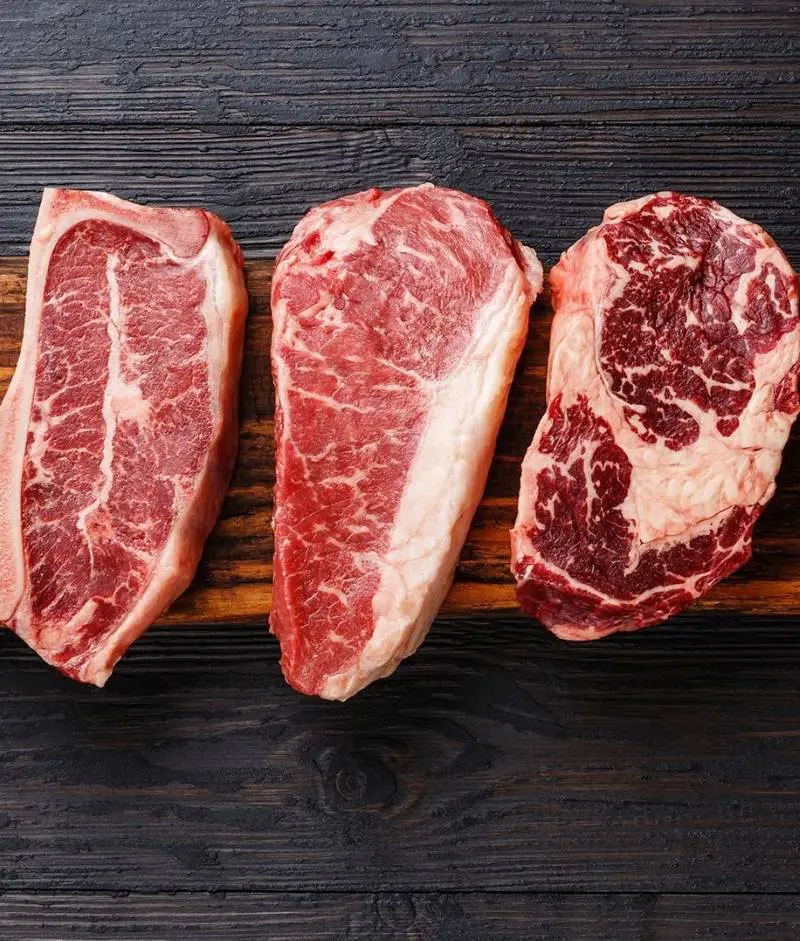
Lean meats are an excellent choice for ensuring adequate protein intake along with all nine essential amino acids. In comparison to red meats, these meats tend to be lower in saturated fats. Examples of lean meats include beef, lamb, pork, veal, kangaroo, and low-sodium sausages.
Beef meat has noticeably higher levels of valine, lysine, and leucine in comparison to lamb and pork. Research indicates that the primary factors contributing to variations in the proportion of essential amino acids are the breed of the animal, its age, and the specific muscle location.
8. Legumes and Beans
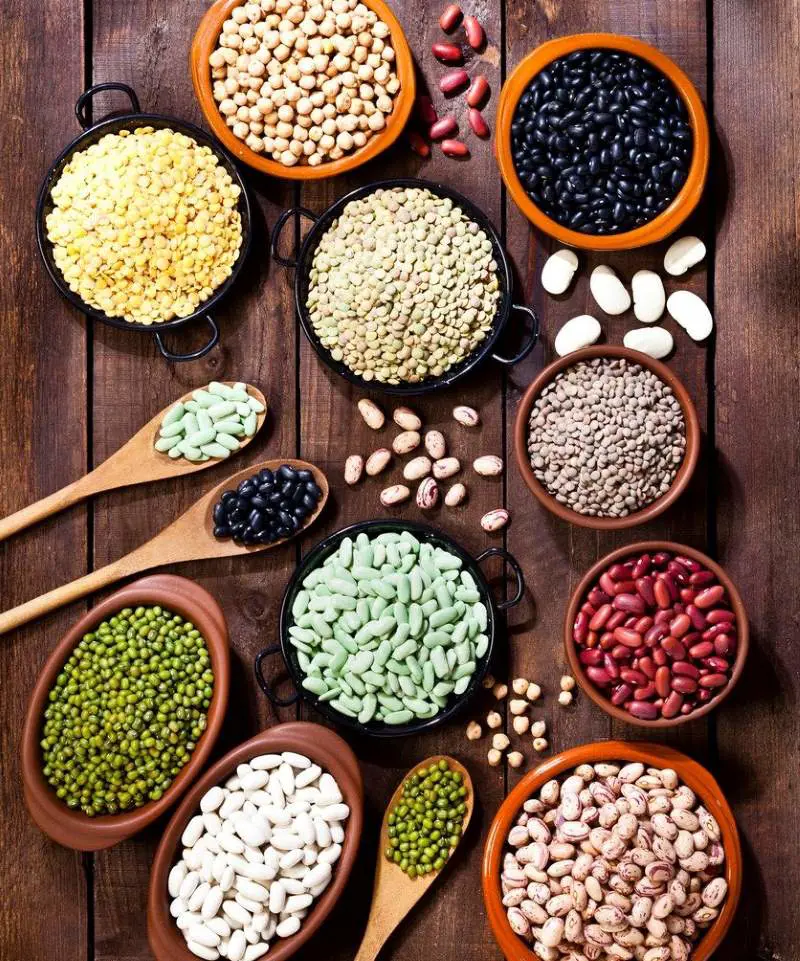
Legumes are a notable source of high-quality protein, with lysine-rich content ranging from 20% to 45%. Among them, peas and beans offer a substantial 17-20% high-quality protein, while lupins and soybeans shine with an impressive 38-45% protein content.
Additionally, beans contain methionine, an essential amino acid crucial for regulating sulfur and supporting bone and cartilage growth. Cooked kidney beans, peas, lentils, and soybeans stand out as excellent sources of these essential amino acids.
9. Milk and Yogurt
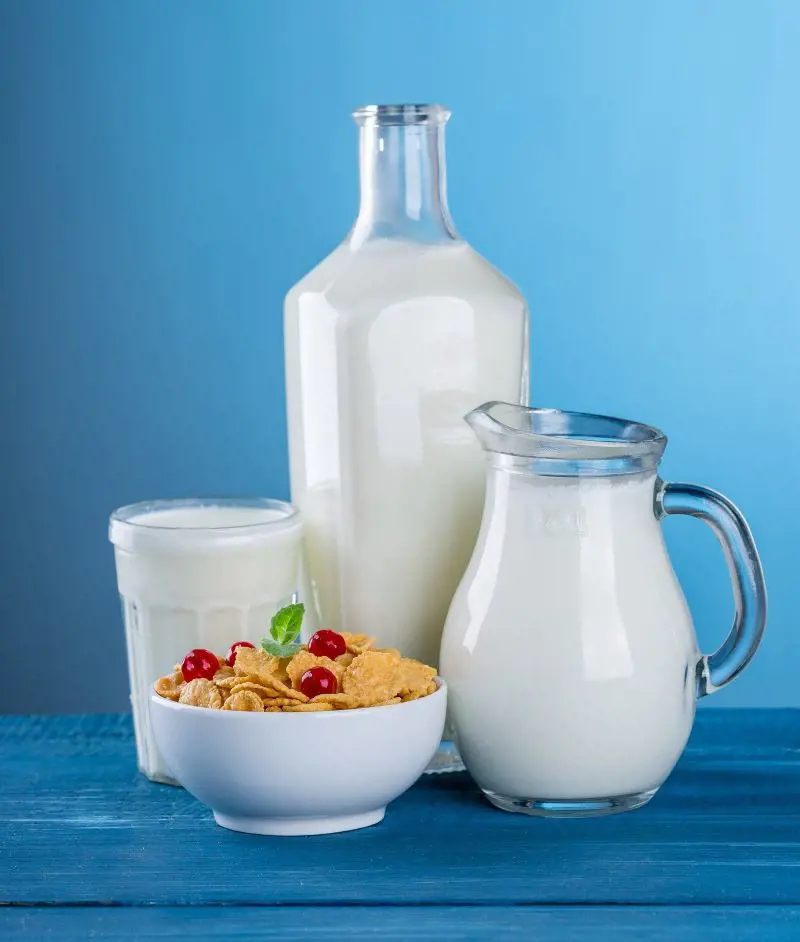
Milk boasts high protein quality as it contains all nine essential amino acids in substantial amounts. Moreover, its low calorie and carbohydrate content renders it an excellent addition to your diet, enabling you to create a plethora of delectable recipes.
Milk proteins are produced in the mammary gland, with approximately 60% of the amino acids needed for their synthesis being sourced from the cow's diet. The overall protein content and amino acid composition in milk can vary significantly depending on the breed of the cow and the unique genetic makeup of each individual animal.
Yogurt is much like milk in its nutrient content, offering a great source of amino acids and keeping you feeling full, making it a satisfying and nutritious option.
10. Mushrooms

The protein present in mushrooms contains a total of 17 amino acids, including all of the 9 essential ones, a feature that sets it apart from most other plant-based protein sources, which often lack one or more of these essential amino acids.
Moreover, mushrooms have a high branched-chain amino acid composition, which is normally only found in animal-based protein sources. In fact, mushroom proteins rival the quality found in animal-derived protein sources, including protein powders, and closely approach the protein quality inherent in meat.
11. Nuts
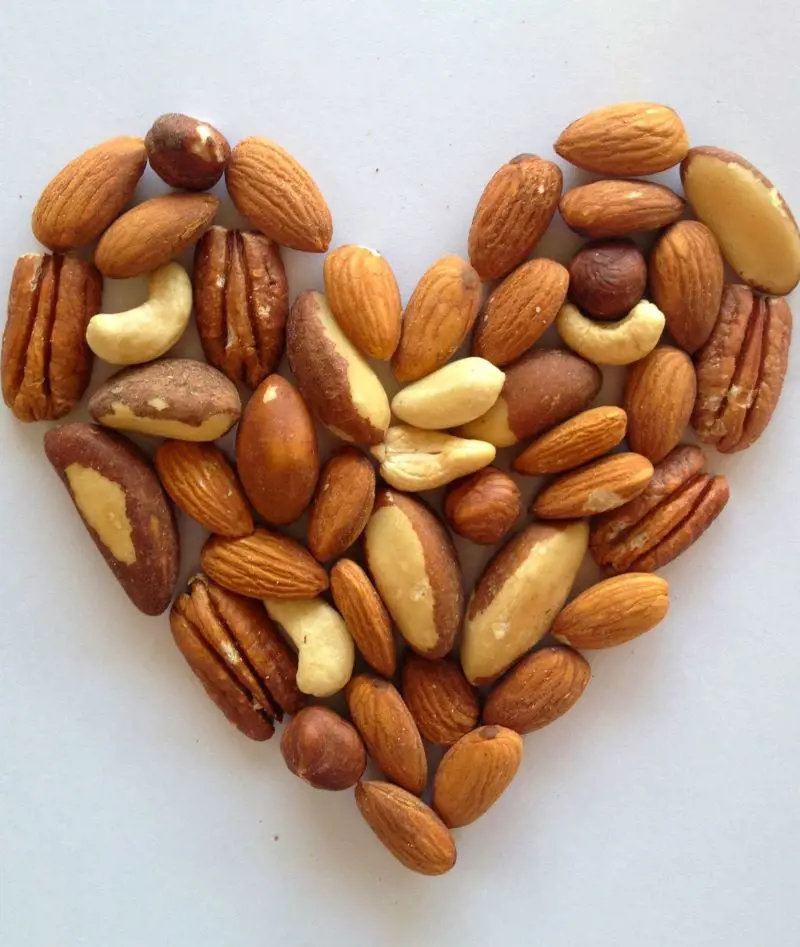
Nuts can be an excellent protein source, especially for those engaged in bulking endeavors. Nevertheless, the typical nut falls short in terms of methionine and lysine content. An exception to this trend is Brazil nuts, which happen to be rich in methionine, making them a complementary choice alongside other nuts such as walnuts, hazelnuts, and macadamia nuts.
For a well-rounded essential amino acid profile, consider incorporating peanuts, pistachios, and cashews into your diet. To ensure sufficient lysine and methionine intake, focus on adding beans, oats, and seeds to your nutritional reserve.
12. Olive

Olive contains considerable amounts of 6 out of 9 essential amino acids; however, it is a little low on methionine and lysine and it does not contain any amount of tryptophan. A single cup of olives delivers 1.1 grams of protein, which equates to 2% of the recommended daily values.
Olive pairs well with chia seeds, pumpkin seeds, hedge mustard seeds, criminal mushrooms, avocados, and carrots to create a complete protein profile. In addition, olives are a rich source of vitamin E and boast a large amount of sodium, a vital nutrient necessary for normal cell function.
13. Potato

The protein found in potatoes is considered one of the most valuable plant proteins due to its high content of essential amino acids. In fact, it surpasses the recommended levels for four essential amino acids -lysine, methionine, threonine, and tryptophan- indicating that potato protein is of high quality.
Compared with whole-grain cornmeal, pasta, and white rice, potatoes serve as the only staple food meeting the recommended level of lysine. Nonetheless, the sulfur-containing amino acids -cysteine and methionine- are lower in potatoes compared to other common staple foods.
In addition to potatoes, you can find all essential amino acids in other starchy vegetables such as taro and corn.
14. Other Vegetables
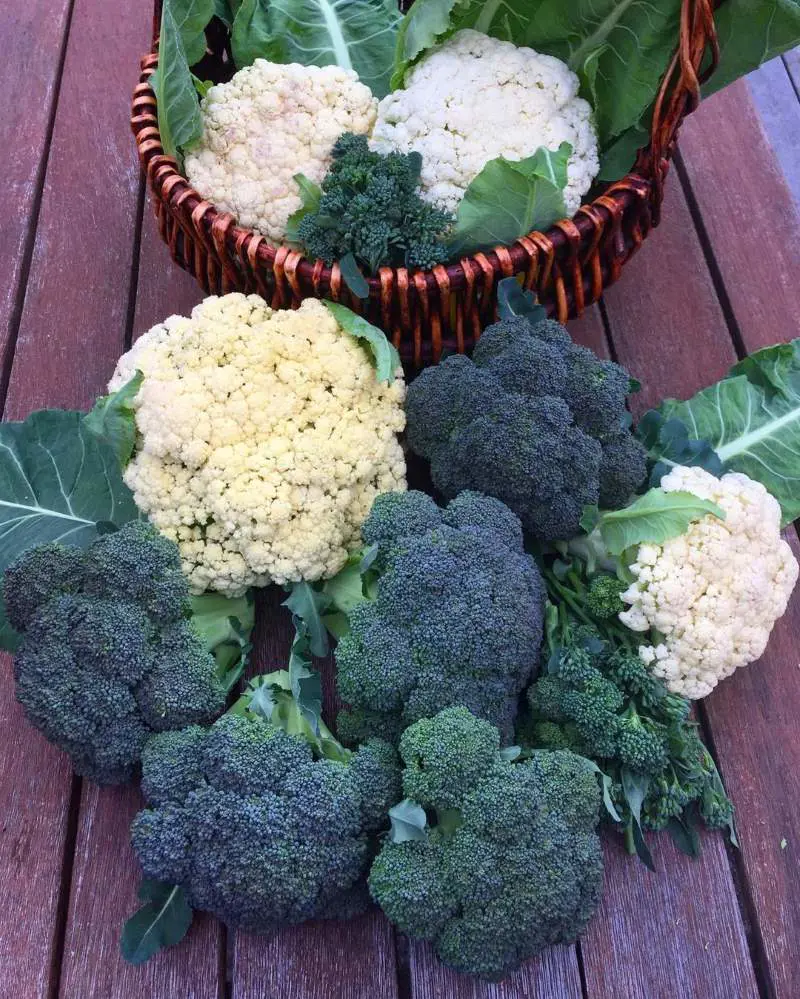
The majority of vegetables contain essential amino acids such as methionine, valine, threonine, histidine, and tryptophan. Among these, celery, cauliflower, and broccoli stand out as particularly rich sources of these amino acids. Vegetables also contain phenylalanine, which plays a crucial role in thyroid hormone synthesis.
This amino acid plays a pivotal role in regulating various metabolic functions in your body, including heart rate regulation, blood glucose management, weight maintenance, and supporting bone health. Moreover, histidine found in vegetables contributes to the detoxification process in the body.
15. Poultry

Poultry meat provides high-quality animal protein as it contains sufficient amounts and proper ratios of essential amino acids for human consumption. Chicken, duck, and turkey are complete proteins as they contain all nine essential amino acids.
Poultry products are particularly high in tryptophan, an amino acid crucial for the absorption of vitamin B. Studies demonstrate that eating poultry, as part of a healthy vegetable-rich diet, can help lower the risk of obesity, type 2 diabetes, and cardiovascular diseases. They are also vital for healthy skin, nerves, and digestion.
16. Quinoa
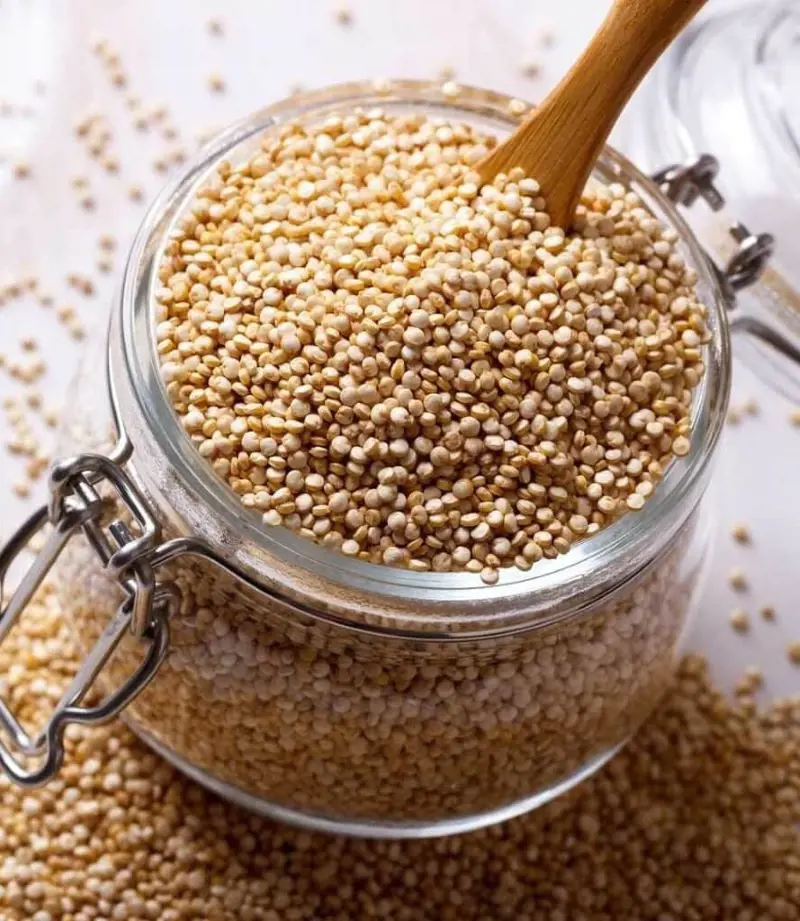
Quinoa is one of the richest sources of essential amino acids, with precise quantities of these nutrients fluctuating depending on cultivation conditions. Nevertheless, every serving of quinoa reliably provides substantial quantities of each essential amino acid.
Beyond its protein content, quinoa boasts a rich nutritional profile, encompassing starchy carbohydrates, dietary fiber, phosphorus, magnesium, and iron. It is a gluten-free grain with potential benefits including anxiety reduction and accelerated wound healing.
17. Seafood

Seafood offers another nutritious way to obtain essential amino acids. According to the U.S. Department of Agriculture, popular fish varieties like salmon, tuna, and halibut deliver approximately 7 to 8 grams of protein per ounce, while crustaceans such as shrimp and crab offer a slightly lower protein content of around 6 grams per ounce.
Seafood is also noteworthy for being a source of all the essential amino acids, classifying it as a complete protein. In addition to its protein content, certain fatty fish like salmon, tuna, and mackerel are rich in essential fatty acids known as omega-3 fatty acids, which have potential benefits in preventing chronic diseases.
18. Seeds
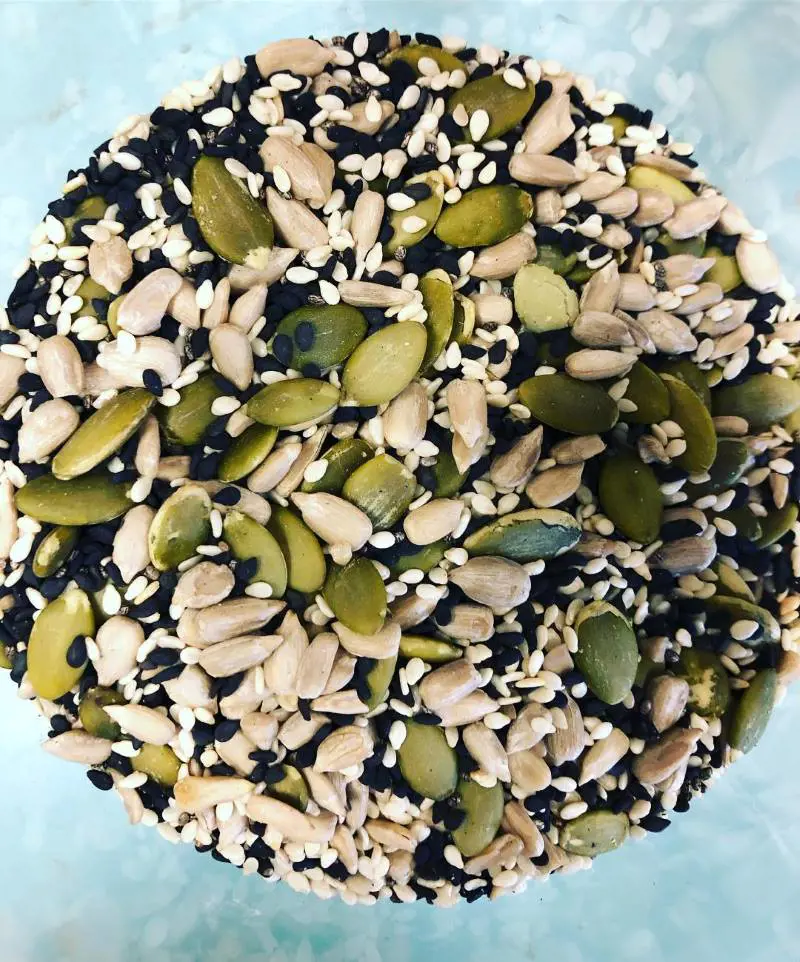
Seeds, such as pumpkin seeds, chia seeds, sesame seeds, poppy seeds, hemp seeds, sunflower seeds, and flax seeds, are abundant in essential amino acids. Notably, hemp seeds and chia seeds have gained recognition as complete protein sources.
These seeds are additionally rich in vital minerals such as manganese, magnesium, potassium, calcium, zinc, and plant iron, alongside dietary fiber. Their consumption may contribute to the maintenance of healthy blood pressure, cholesterol reduction, and a diminished risk of heart disease and diabetes.
19. Some Grains
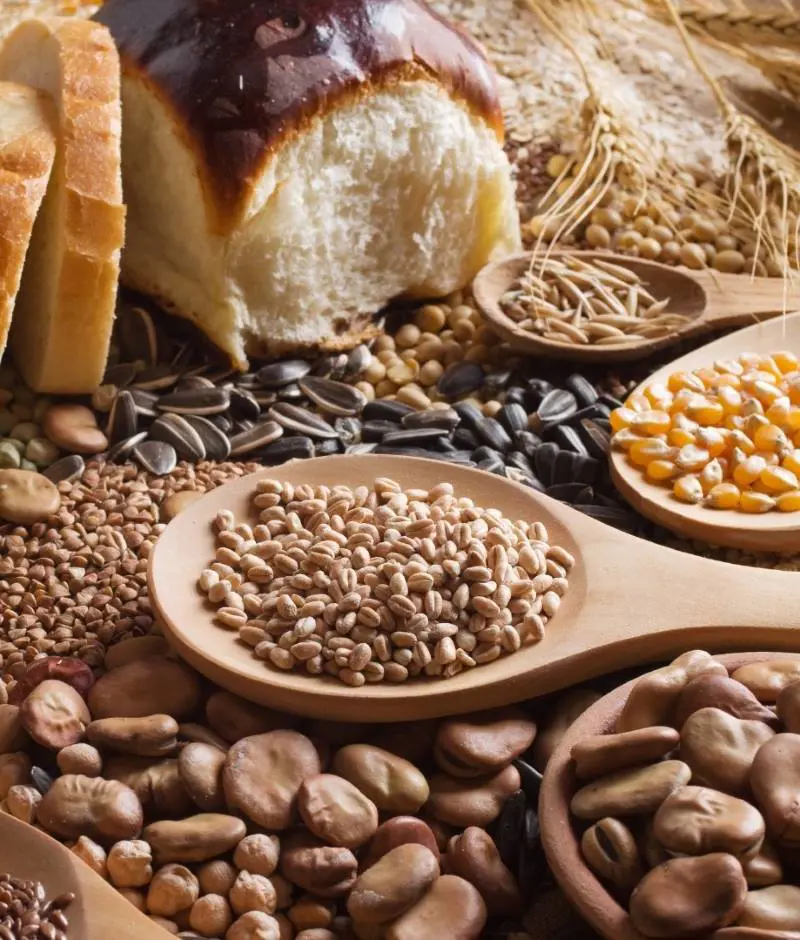
When grains come to mind, the usual association is with carbohydrates and dietary fiber. However, grains can also serve as valuable sources of protein and the essential amino acids vital for building it. In addition to quinoa and buckwheat, several grains high in amino acids include teff, whole wheat pasta, wild rice, millet, oatmeal, and cornmeal.
Among these options, wild rice has a higher protein content compared to other rice varieties, offering all nine essential amino acids. While oatmeal may not provide a complete set of essential amino acids, when combined with other high-quality protein sources, it forms a nutritious blend of amino acids.
20. Tofu
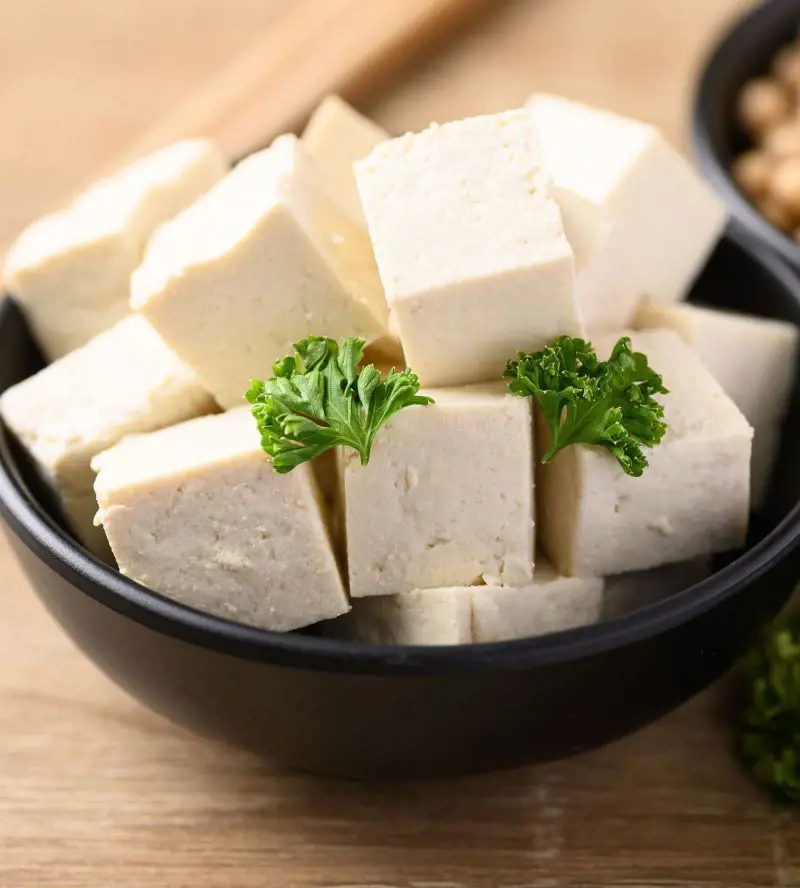
Unlike many other plant-based protein sources, tofu contains all 9 essential amino acids, which the body cannot produce independently. With a substantial amount of protein packed into a 3-ounce serving, tofu excels at providing lasting satiety, making it particularly valuable for those trying to manage their weight effectively.
Incorporating tofu into your diet not only provides a rich array of minerals and vitamins like calcium, manganese, iron, and vitamin A but also, when consumed in moderation, has been associated with a lowered risk of heart disease and certain types of cancer.

